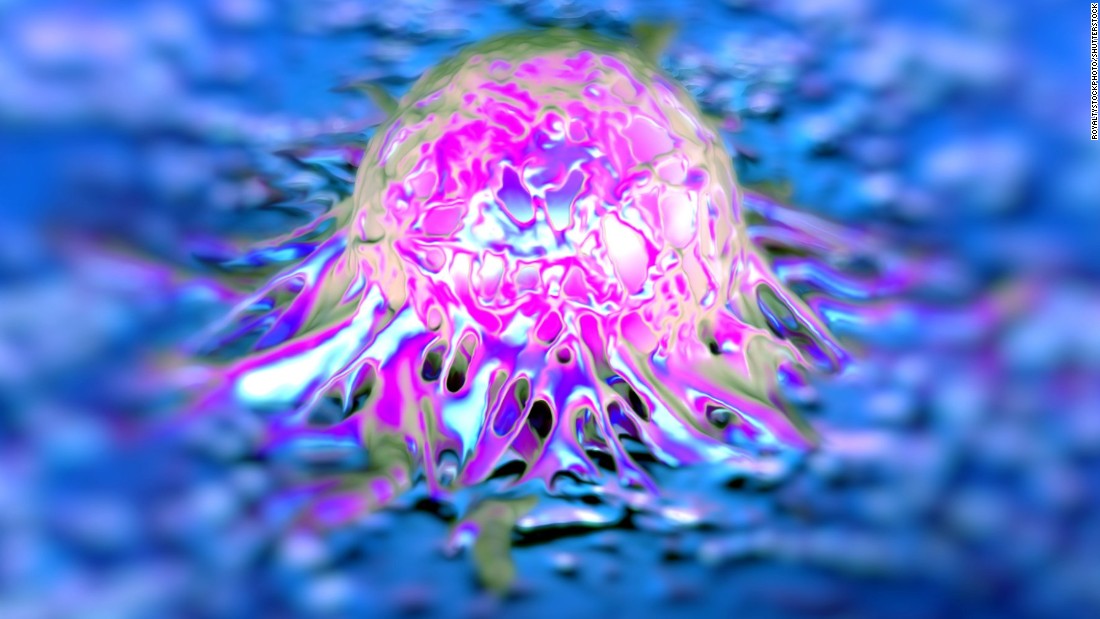Experts Create A 10-Minute Universal And Cheap Cancer Test

A breakthrough in cancer research might have occurred.
Scientists have developed a universal cancer test that is able to detect traces of cancer in a patient’s bloodstream.
A cheap and simple test offers results in 10 minutes
This cheap and simple test uses a color-changing fluid to reveal the presence of malignant cells anywhere in the human body and also provides results in less than 10 minutes.
This test is still in development, and it draws a radical new approach to cancer detection that could make routine screening a straightforward procedure for doctors.
“A major advantage of this technique is that it is very cheap and extremely simple to do so that it could be adopted in the clinic quite easily,” said Laura Carrascosa, a researcher at the University of Queensland.
90% sensitivity
The test has a sensitivity of about 90%, and this means that it would be able to detect about 90 cases of cancer from 100. It would be an initial check for the disease.
“Our technique could be a screening tool to inform clinicians that a patient may have cancer, but they would require subsequent tests with other techniques to identify the cancer type and stage,” Carrascosa said.
The test was made possible by the discovery that cancer DNA and normal DNA stick to metal surfaces in different ways.
This led the team to develop a test that can make the difference between healthy and malignant cells.
After a bunch of experiments, the expert hit on the new test for cancer. The Guardian details more info about how this test is conducted, so make sure to give the article a look.
“The test is sensitive enough to detect very low levels of cancer DNA in the sample,” Carrascosa said.
Matt Trau is a professor of chemistry at the University of Queensland and he led the team of researchers who have run the test on 200 human cancer samples and healthy DNA.
“We certainly don’t know yet whether it’s the holy grail for all cancer diagnostics, but it looks really interesting as an incredibly simple universal marker for cancer, and as an accessible and inexpensive technology that doesn’t require complicated lab-based equipment like DNA sequencing,” Trau said.
0 comments